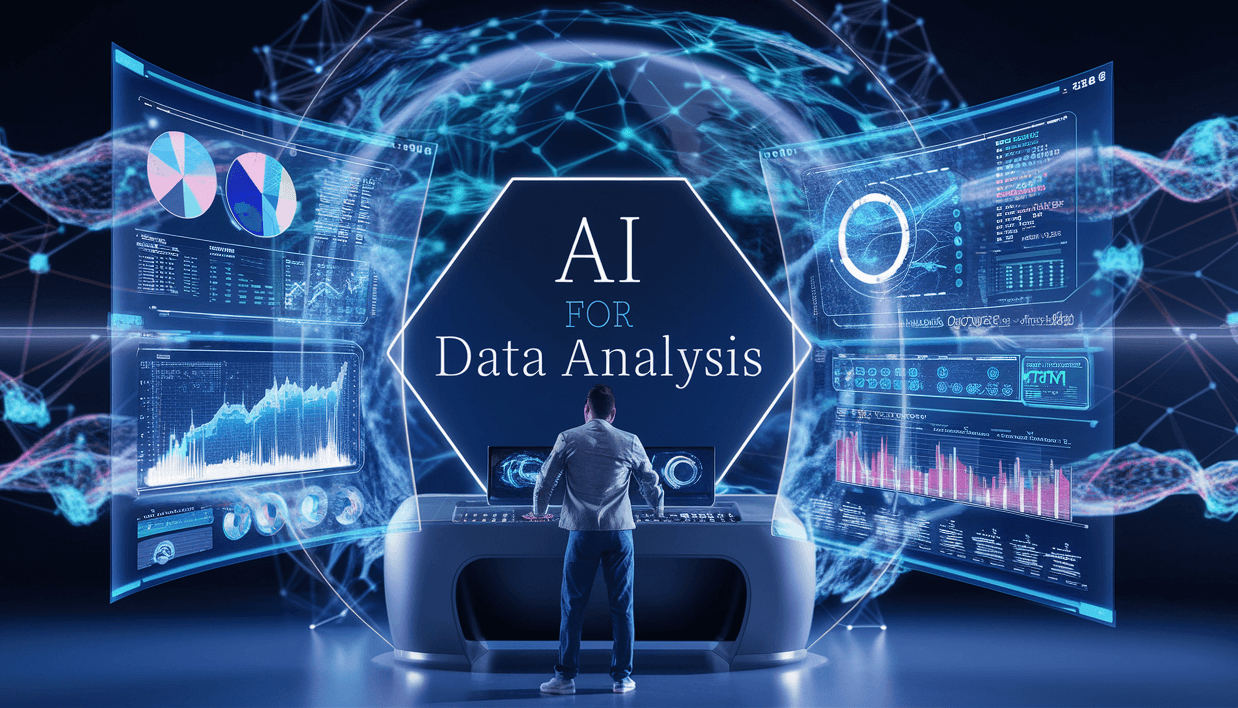In this ever-evolving world of technology, Artificial Intelligence (AI) has become an integral part of our lives. It has revolutionized every industrial sector and made visible advancements in technology, transforming our way of life. AI in cybersecurity has become our new way of living and working. This has made many of our jobs or activities easier. In addition, it also helps in early detection of cyber threats.

Jump ahead to
What are these Cybersecurity Threats?
A cybersecurity threat could be stated as an attempt to damage data or stealing of the same by someone unauthorized. Under this threat, the hackers try an attempt to steal information or data. But on the other hand, a cyber attack is damage done to data by disrupting, damaging, or stealing.
With the continuous advancements in AI, it has become an asset for cyber security agents in identifying cyber security threats. AI in cybersecurity helps security agents identify potential and complex data patterns. It provides actionable recommendations and enables autonomous mitigations for the security agents. Along with this, AI enhances threat detection and helps speed up the response to the incident.
Cyber Threats by AI
As we are all well aware of the fact that AI has become a powerful defense tool, it has also raised cyber threats. Cyber attackers wreak havoc by exploiting the abilities of AI. The UK has issued a NCSC Assessment that states that AI will most certainly cause a rise in cyberattacks. It also states that it will most probably heighten in upcoming years. These attackers use AI algorithms to bypass the security systems and exploit the data.
There are a number of cyber threats. Some of them are:
- Malware
- Spyware
- Phishing Attacks
- DDoD Attacks
- Ransomware
- Trojans
- Supply Chain Attacks
- Rogue Software
How to Prevent Cyber Threats Using AI?
Threat hunting
We are all well aware of the fact that traditional security tools were not able to detect attacks because they followed pre-defined rules. But AI, on the other hand, learns and adapts at a fast pace. It detects the threats early and all their unknown malicious activities too. Furthermore, AI handles the repetitive tasks of file log analysis and other related tasks. This helps in early detection of threats. Early detection of threats is important to prevent damage.
Reduced duplication
AI in cybersecurity handles repetitive data or tasks for detection of threads, like log analysis. These repetitive tasks become a reason for security personnel to become complacent. These tasks are repeated on a daily basis. If done by humans, it leads to human error or boredom. Thus, AI acts as a helping hand for security agents to identify potential security threats.
Accelerated Detection and Response Time
Using AI for detecting security threats helps in early detection of threads. This prevents any damage to data or information. AI scans the whole system to detect the threat. As it detects the threats early, quick response time gets enabled. Early detection saves the company’s data from being disrupted.
Speedier Detection
As discussed earlier, AI helps in speedy detection of cyber threats. It uses machine learning, creating havoc for hackers to bypass the security measures of AI. Humans might take some time to detect the threats, and there are chances of human errors in detection. But AI, being a tool that learns from machine learning, leaves no stone unturned in detection of cyber threats.
Effect Of AI in Cybersecurity
We cannot deny the fact that AI has enhanced cybersecurity but has also introduced new risks. The key to cybersecurity lies in continuous improvement and early detection of threats. By mitigating these risks with the efficient use of AI, there are chances that AI Experts can improve their abilities to defend themselves against these cyber threats. These are most evident in this ever-evolving landscape of the digital world.
What Is The Future Impact Of AI on Cyber Threats?
We can all agree with the term: the future is unpredictable. So, we can state that the future impact of AI on cyber threats is uncertain. No one can define the risk landscape of AI applications in terms of cyber threats. By leveraging the potential of AI, its powers can be put to better use to create a safer and more secure future for everyone. For a positive outcome from AI in future, it is important to understand its potential risks and opportunities. It would be wiser to state that AI can cause potential risks in the future more than it can create opportunities.
Conclusion
From the above information provided, it won’t be foolish to say that AI is the mechanism that poses a potential threat to the future. It’s not AI itself that has the potential to cause this havoc, but it’s misuse by hackers to disrupt the data or steal it. If talking about its future, that has a quite flourishing one. Which could be the potential drawbacks for professionals in the field of cybersecurity to detect or prevent threats? To get a handful of knowledge on how to prevent these threats and what to do in this situation, CISSP Certification proves highly beneficial. This CISSP Certification covers all the concepts related to cybersecurity and cyber threats, thereby making it necessary for you to earn it.



